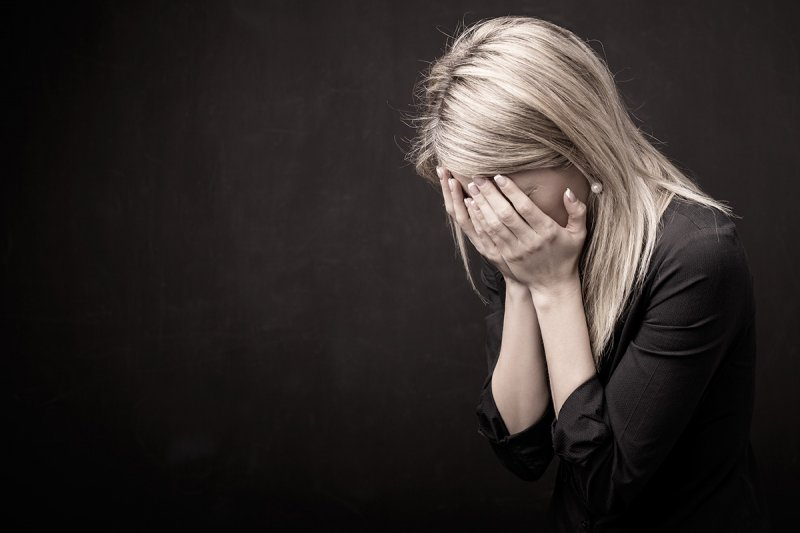Abuse is when someone is being deliberately hurt by someone else. This could be one single act or something that takes place over a prolonged period of time. Safeguarding refers to the process of protecting vulnerable members of society from different types of abuse that can occur.
Anyone can be a victim of abuse, but the vulnerable members of society that safeguarding focuses on are:
- Children: This counts as anyone under the age of 18
- Vulnerable adults: This is a person that, for any reason, is unable to take care of themselves or protect themselves from harm or abuse
Protecting these groups from abuse means looking out for warning signs, and acting on them as soon as you spot them. Knowing the types of abuse that are out there is therefore incredibly important in order to be able to prevent people from becoming victims.

Different Types of Abuse
Financial or material abuse: This could be theft, fraud, internet scamming, or the misuse or misappropriation of property, possessions or benefits. Additionally, if you are persuaded into anything that links to your financial affairs (this could be wills, property, or inheritance) then you are potentially being financially abused.
Physical abuse: Perhaps the most obvious form of abuse that springs to mind. Physical abuse includes assault, hitting, slapping, pushing, restraint, and the misuse of medication.
Neglect and acts of omission: This refers to ignoring someone’s needs – these needs could be medical, emotional or physical care. Failing to provide access to appropriate health, care and support or educational services, and withholding the necessities of life, such as medication, adequate nutrition and heating are all forms of abuse.
Sexual abuse: Rape, indecent exposure, sexual harassment, inappropriate touching, sexual photography, subjection to pornography or witnessing sexual acts, sexual assault, or sexual acts in which the adult has not consented are all examples of sexual abuse.
Psychological abuse: More and more focus is being placed on looking after our mental health nowadays, so psychological abuse is certainly just as important as anything physical. This includes emotional abuse, threats of harm or abandonment, deprivation of contact, humiliation, controlling, intimidation, coercion, harassment, verbal abuse, cyber bullying, isolation or unreasonable and unjustified withdrawal of services or supportive networks.
Organisational abuse: Neglect or poor care practice can take place within an organisation or specific care setting, such as a hospital or care home. This may range from one-off incidents to on-going ill-treatment.
Discriminatory abuse: Harassment because of race, gender, age, disability, sexual orientation or religion is discriminatory abuse.
Self neglect: Neglecting to care for your personal hygiene, health or surroundings are all examples of self neglect.
Domestic abuse: This includes psychological, physical, sexual, financial, emotional abuse within the home environment.
Modern slavery: Something that could be closer to home than you think, modern slavery can include human trafficking, forced labour and domestic servitude. The result can be individuals being forced into a life of abuse, servitude and inhumane treatment.
Care Home Neglect Example
Abuse in care homes is something that has been prominent in the news over recent years. One case in Devon came to a conclusion after years of suffering. Residents at Vielstone in Devon were routinely punished by being kept in empty rooms without food, heating or a toilet.
Prosecutor Andrew Langdon QC said staff tried to train residents as animals. One resident spent a shocking 195 sessions in the “quiet room”, including 13 instances where he had to stay there overnight, forced to remain silent and alone.
In a period of trials that took place from 2016-2017 at Bristol Crown Court, the manager, alongside twelve other staff members, were convicted of health and safety offences, and false imprisonment.
Sadly, abuse is all too common, so serious consequences are in place to make sure people are punished for their actions. Andrea Sutcliffe, chief inspector of adult social care at the Care Quality Commission, welcomed the sentences. She was “glad that the perpetrators had been recognised for the criminals they are,” and that “these trials are a chilling reminder that we must all remain vigilant to support and protect people in vulnerable circumstances who have every right to live their lives to the full, free from fear and treated with dignity and respect.”


